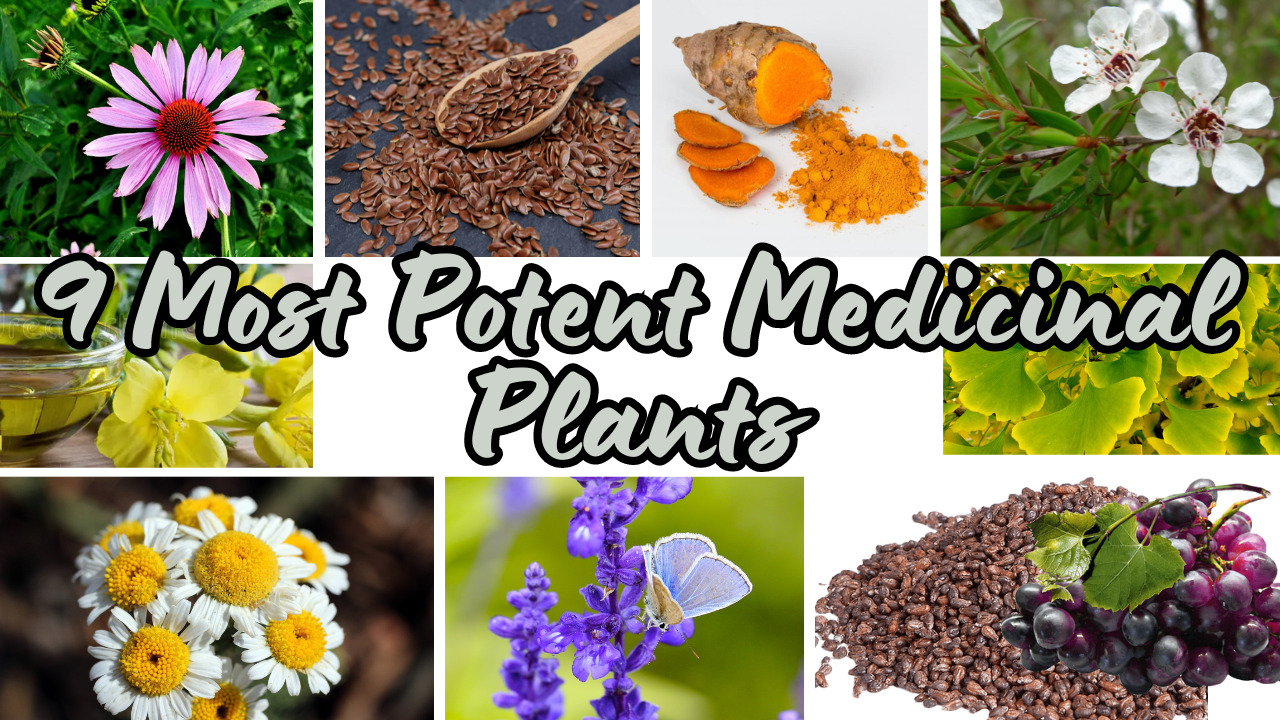
Table of Contents
The 9 Most Potent Medicinal Plants in Nature.(Gingko, Turmeric, Evening primrose oil, Flax seed, Tea tree oil, Echinacea, Grapeseed extract, Lavender, Chamomile)
We live in a time where prescription drugs and manufactured medications are common, but do they have to be the sole means of healing?
Despite having access to so many advanced choices, a lot of people still find themselves going back to the original medical plants: herbal treatments, which have the power to improve both physical and mental health.

In actuality, 11% of the 252 medications the World Health Organization deemed “basic and essential” at the start of the twenty-first century were “exclusively of flowering plant origin.” Plant-based components may be found in medications such as morphine, quinine, and codeine.
Even while these man-made medications have undoubtedly taken center stage in our lives, it might be reassuring to know that nature is on our side and that we have access to these herbal options to support our medical regimens.
However, research on their actual level of strength is still ongoing. These substitutes are not infallible, nor are they ideal. Many have negative effects and hazards similar to those of commercial medications. A lot of them are marketed with fictitious claims.
Nonetheless, a lot of teas and plants provide safe, understated methods to enhance your well-being. Take heed to the information about the efficacy of each plant as well as any possible interactions or safety concerns. Herbs should not be used on young children, pregnant women, or nursing mothers.
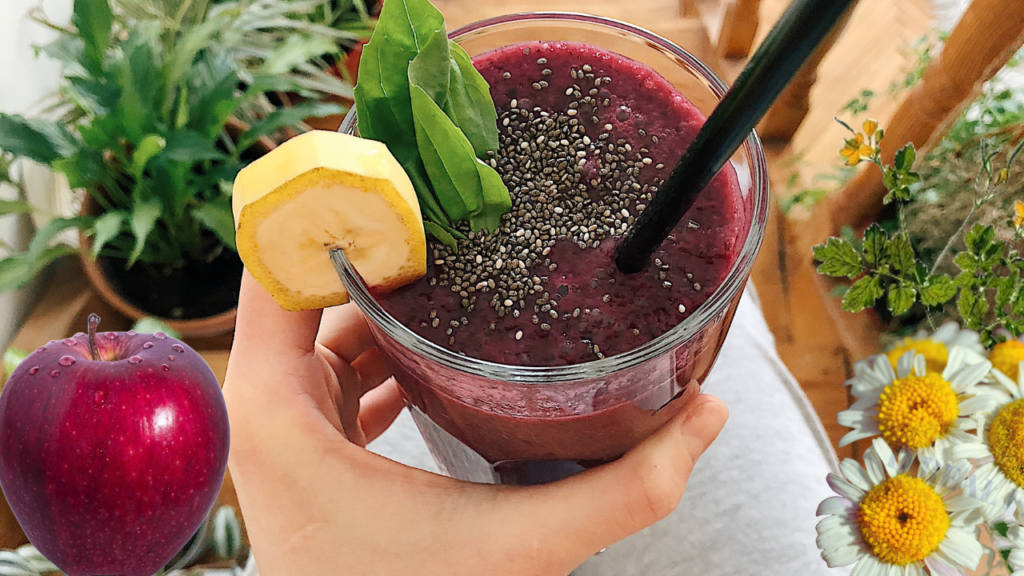
Trying herbs isn’t worth the danger since most of them haven’t been shown safe for the weak.
Keeping this cautionary story in mind, it might seem challenging to choose the perfect plant for someone who just wants to feel better without going on medicine. For this reason, we’re examining the most potent and medicinal herbs with the assistance of experts , who has solid scientific proof for their safe use.
You and your healthcare provider may work together to make choices regarding herbal remedies in addition to more conventional medical techniques. As there is a greater chance of product contamination during the manufacturing process, sometimes consuming the plants may even carry less danger than eating concentrated, produced supplements.
It’s a great way to feel the benefits of cultivating them yourself and to experience their impacts. Adding a necessary nutrient may also be achieved using herbs.
But because the Food and Drug Administration doesn’t control the safety or quality of plants or supplements, there may be a chance of contamination and a dubious dose. Before selecting supplements off the shelves, have this in mind.
Wilson has reviewed the most recent research on medicinal plants and has developed her own ranking system for our list, should you choose to include them into your health routine.
When it comes to herbal medicines, these plants have the most high-quality research and are the safest options. It gets a “0” for being risky without any research and a “5” for being totally safe with plenty of study. It is estimated that many of these plants are in the range of 3 to 4.
We hope that this guide will serve as a beginning point and source of information for anyone who want to include herbal treatments into their life. As always, consult your physician prior to beginning any new medical regimen.
1. Gingko

Rating
Safety: 3/5
Evidence: 3.5/5
Gingko is an important herb in Chinese medicine and one of the oldest homeopathic plants in addition to being one of the oldest tree species. The leaves may be made into tea when dried and are also used to make extracts, capsules, and tablets.
Its capacity to improve brain health is perhaps its most well-known benefit. According to studies, gingko may help those with mild to moderate dementia.Reliable Source, and help lessen the cognitive loss associated with Alzheimer’s and dementia.
A component that may assist diabetes has been the subject of recent research, and there are still ongoing investigations, including one on animals that suggests it may have an impact on bone mending.
REMARKABLE FACT
The gingko tree, whose fossils date back 270 million years, is regarded as a living fossil. These trees have a 3,000-year lifespan.
Gingko may be helpful in cases of
–Dementia, Alzheimer’s disease, Diabetes , Bone healing, Inflammation, Eye health, Depression and anxiety
Things to think about
Long-term usage has been linked to an increased risk of liver and thyroid cancer in rats.
Liver enzyme levels may need to be watched since it is known to be harsh on the liver.
Blood thinners and it may interfere.
If consumed, gingko seeds are toxic.
Headache, upset stomach, lightheadedness, and allergic response are examples of side effects.
The usage of gingko should be addressed with your physician due to various medication interactions.
2. Turmeric
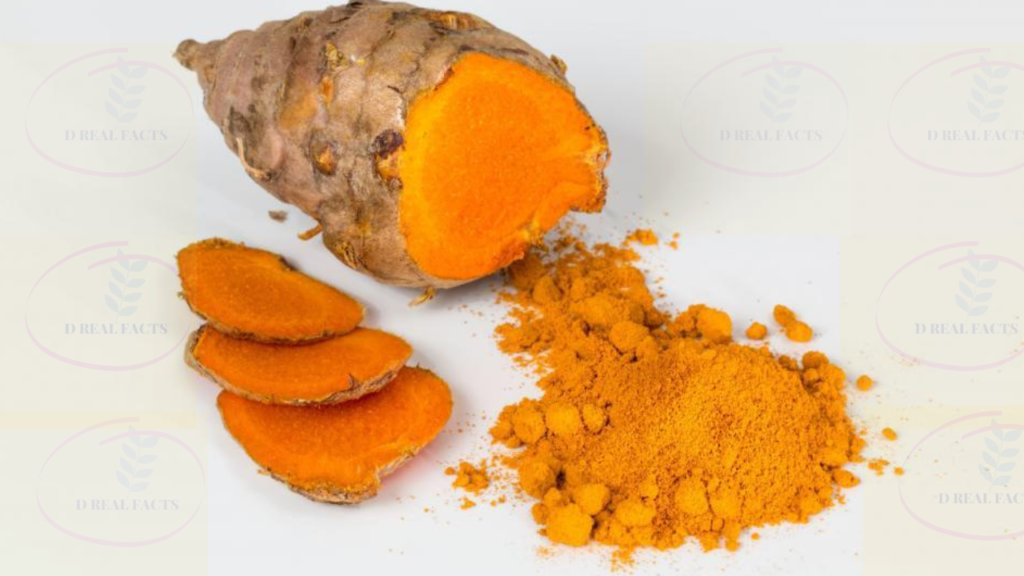
Rating
Safety: used as an herb: 5/5; used as a supplement: 4/5
Evidence: 3/5
Turmeric bottles on spice shelves are easily noticeable due to their vivid orange color. Turmeric is an Indian herb thought to have anticancer and DNA mutation-prevention qualities.
It is an anti-inflammatory that may be used topically to treat arthritic pain and is also available as a supplement. Due to its widespread use as a culinary component, it may be added to a variety of recipes to create a tasty and antioxidant-rich meal.
Recent studies suggest that turmeric may also be useful in treating a number of dermatological conditions, including joint inflammation.
REMARKABLE FACT
For four millennia, people have used turmeric as a medicinal plant. It is the mainstay of the Indian alternative medicine system known as Ayurveda.
Turmeric may help with the following conditions:
Cancer prevention; DNA mutation prevention; Discomfort from inflammatory disorders like Arthritis,
many Skin Conditions.
Things to think about
People often overdose on supplements, so it may be difficult to trust the amount and quality. When used as a herb in food preparation or tea, safety rises.
Consistent usage may result in gastrointestinal issues.
Turmeric’s bioavailability is poor. When consumed with pepper, your body will absorb more of its health advantages.
3. Evening primrose oil
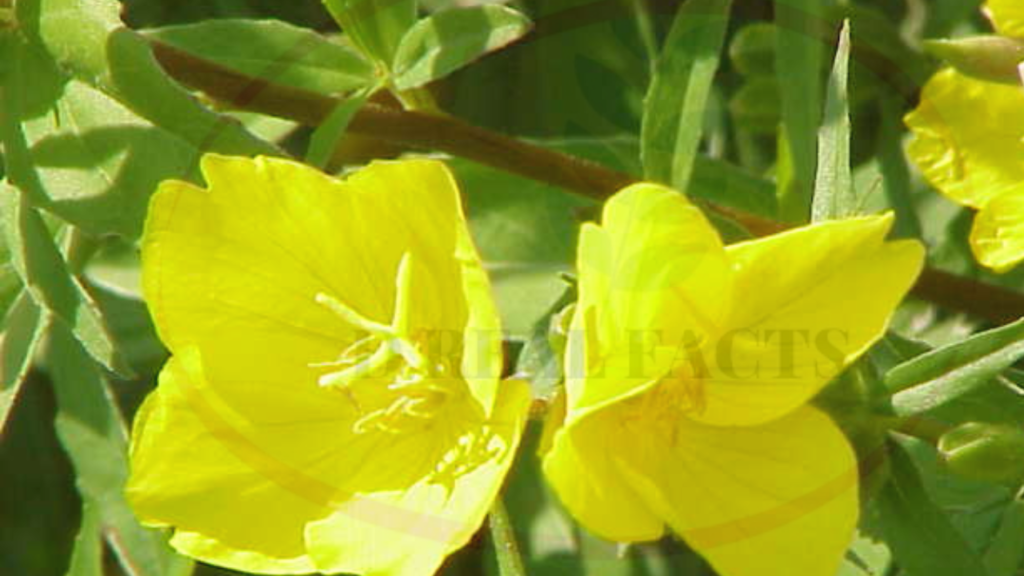
Rating
Safety: topically: 4.5/5; orally: 3/5
Evidence: 3/5
An oil that is produced by the vivid yellow evening primrose flower is said to help with eczema and PMS symptoms.
The existing research on this oil is mostly scattered, while some studies are more robust than others. For instance, evening primrose oil has been shown in some trials to have anti-inflammatory qualities. It has shown efficacy in treating ailments including diabetic neuropathy and atopic dermatitis . In addition, it may assist with other medical issues including breast discomfort.
According to recent study, it may be used topically to treat moderate dermatitis, alter hormones and insulin sensitivity in people with polycystic ovarian syndrome, and enhance the quality of life for patients with multiple sclerosis.
These investigations suggest that evening primrose oil may be the Swiss Army knife of therapeutic plants. The warning is that it may interfere with a number of prescription drugs. There will be further study, and there might be many uses.
REMARKABLE FACT
Since evening primrose blooms bloom when the sun sets, they are also known as moonflowers. People claim to smell like lemons all the time.
Evening primrose oil could be beneficial for:
Minor skin disorders, Breast discomfort, Menstrual cycle, Inflammation, Diabetic nerve damage, Blood pressure, PCOS, and Multiple sclerosis.
Things to think about
Interferes with the absorption of several blood-clotting drugs; safety during pregnancy is unknown; interacts with lithium for bipolar illness; long-term usage may not be safe.
4. Flax seed
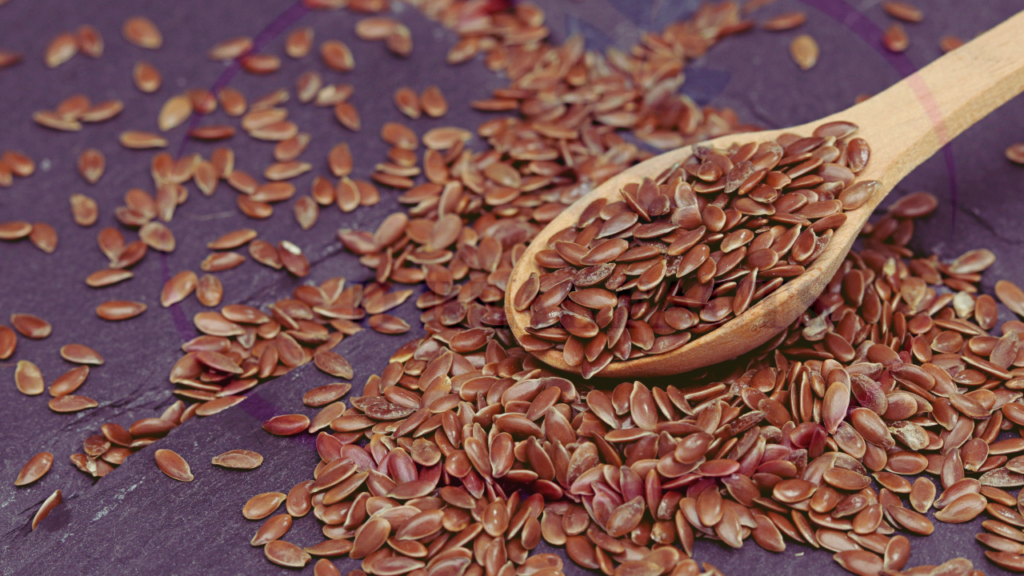
Rating
Safety: 4.5/5
Evidence: 3.5/5
Flax seed, which may also be purchased as an oil, is among the safest options for nutritional supplements made from plants. Flax seed has been harvested for thousands of years, and it is now highly valued for its anti-inflammatory and antioxidant properties.
Flax seed may help prevent colon cancer, according to one study, but additional human subjects research is required.
An further study shows, flax seed may lower blood pressure. When eaten, it may potentially help lower obesity rates. Flax seed and flaxseed powder are popular additions to smoothies and porridge. Flaxseed is also sold as flour, oil that may be placed into capsules, and pills.
Including flax seed in your diet is the greatest method to do it. Ground seeds may be cooked and used to hot porridge, stew, handmade breads, salads, and smoothies. Assemble salad dressing using flaxseed oil.
REMARKABLE FACT
One of the few plant-based sources of omega-3 fatty acids is flax seeds. Soybeans, walnuts, and chia seeds are further sources.
Flax seed could be beneficial for:
It may reduce obesity, controlling blood pressure, Preventing inflammation, hot flashes, and colon cancer.
Things to think about
Women who consume flax seed may produce less estrogen, particularly if they are pregnant or have a history of cancer.
Flax seeds may be poisonous, so avoid eating them uncooked or unripe.
5. Tea tree oil
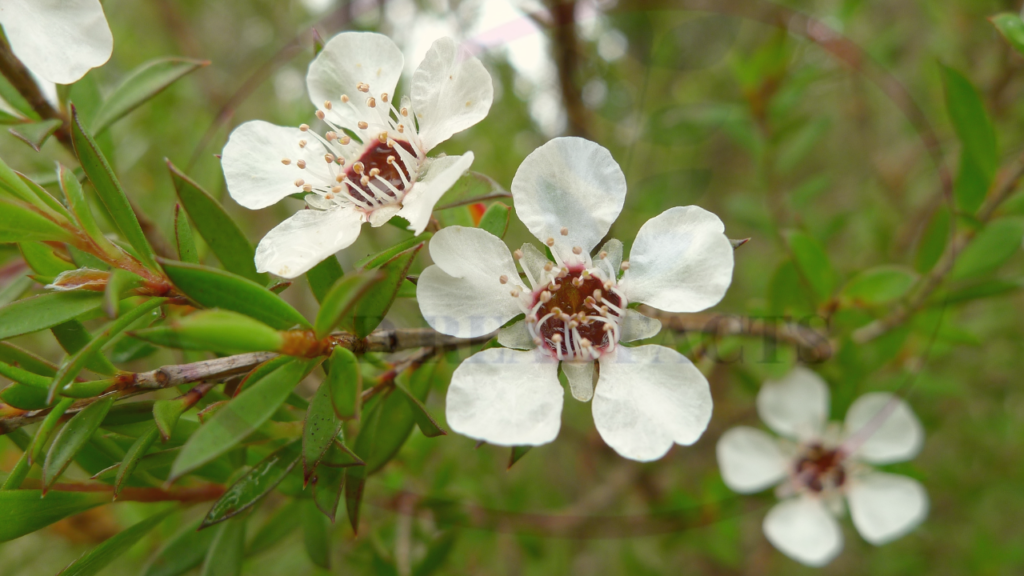
Rating
Safety: 4/5
Evidence: 3/5
Australia’s native tea tree yields an oil that has long been believed to help with a variety of inflammatory skin issues, including minor acne, athlete’s foot, minor cuts, dandruff, and bug bites.
While more research is needed on acne and its relationship to scalp usage, some research has been done on the antibacterial properties of tea tree oil in relation to wounds and topical infections.
According to a recent research, tea tree oil inhibited the development of microorganisms that cause acne. It is often used as a very potent essential oil.
Wilson suggests diluting tea tree oil in a carrier oil, just as he does with other essential oils. She continues by saying that it’s often already diluted in a range of lotions and skin care products.
REMARKABLE FACT
Australia’s tea tree oil is made from the leaves of a native species to Queensland and New South Wales.
Tea tree oil could be beneficial for:
Athlete’s foot wounds , Acne, Insects bites , Dandruff .
Things to think about
If tea tree oil is consumed orally, it is toxic.
You can get an allergic reaction on your skin.
Hormones may be affected by it.
Extended use is not advised.
6. Echinacea
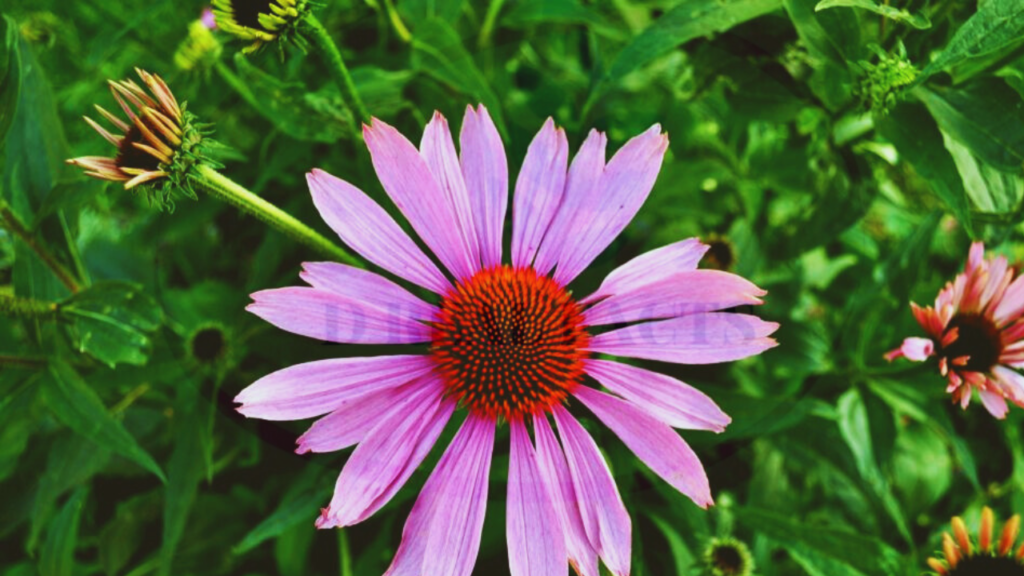
Rating
Safety: 4.5/5
Evidence: 3.5/5
There is much more to echinacea than just the lovely purple coneflowers that you see in gardens. For millennia, these blossoms have been utilized medicinally in the form of teas, juices, and extracts. They are now available as supplements or powders.
The most well-known advantage of echinacea is its ability to reduce symptoms of the common cold; however, more research is required to confirm this claim and to fully comprehend how echinacea increases immunity in the presence of viruses.
With the exception of a few possible adverse effects, echinacea is generally considered harmless. Even if it requires additional testing, you may always opt to utilize it if you’re expecting to see your cold symptoms disappear more rapidly.
REMARKABLE FACT
Native Americans were among the first to employ echinacea as a therapeutic plant. The 18th century is when the first archeological evidence was discovered.
Echinacea may be helpful for:
Immunity, Colds, Upper respiratory infections, Bronchitis
Things to think about
It may cause upset stomach and be difficult on the digestive system.
Reactions with allergens are possible.
7. Grapeseed extract
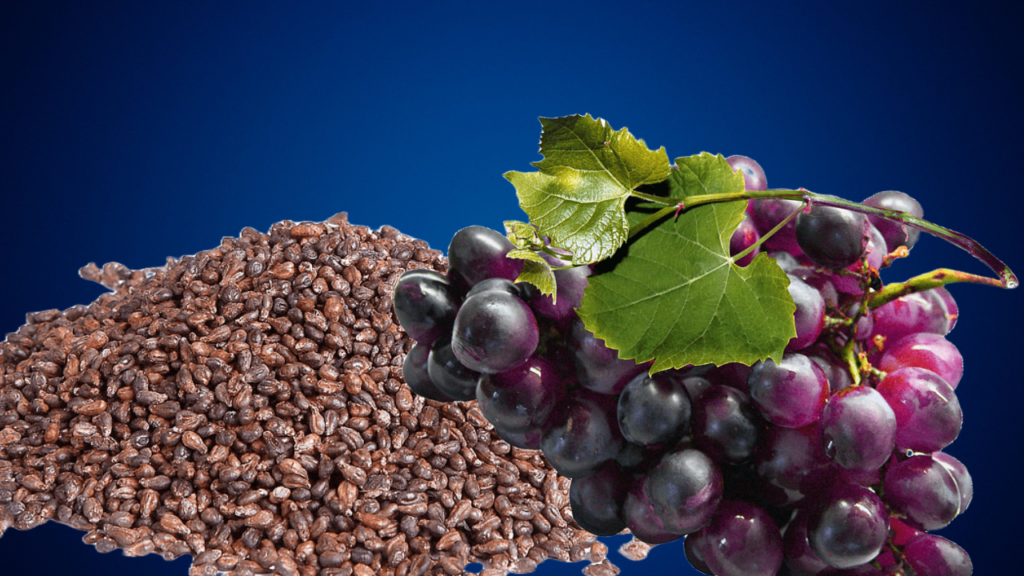
Rating
Safety: 4.5/5
Evidence: 3.5/5
Grapeseed extract has long been recognized and praised for its antioxidant properties. It comes in liquid, tablet, and capsule form. Its powerful health advantages include decreasing LDL (bad) cholesterol and alleviating leg vein circulation problems.
Regular ingestion of grapeseed extract seems to inhibit the proliferation of cancer cells and has anticancer properties, according to studies.
REMARKABLE FACT
The same antioxidants present in wine are also present in grapeseed extract.
Grapeseed extract could be beneficial for:
Reducing LDL (bad) in cancer, Leg vein circulation, Edema, Cholesterol,Blood pressure.
Things to think about
If you are using blood thinners or blood pressure medication, or if you are scheduled for surgery, proceed with care. It may reduce the absorption of iron.
8. Lavender
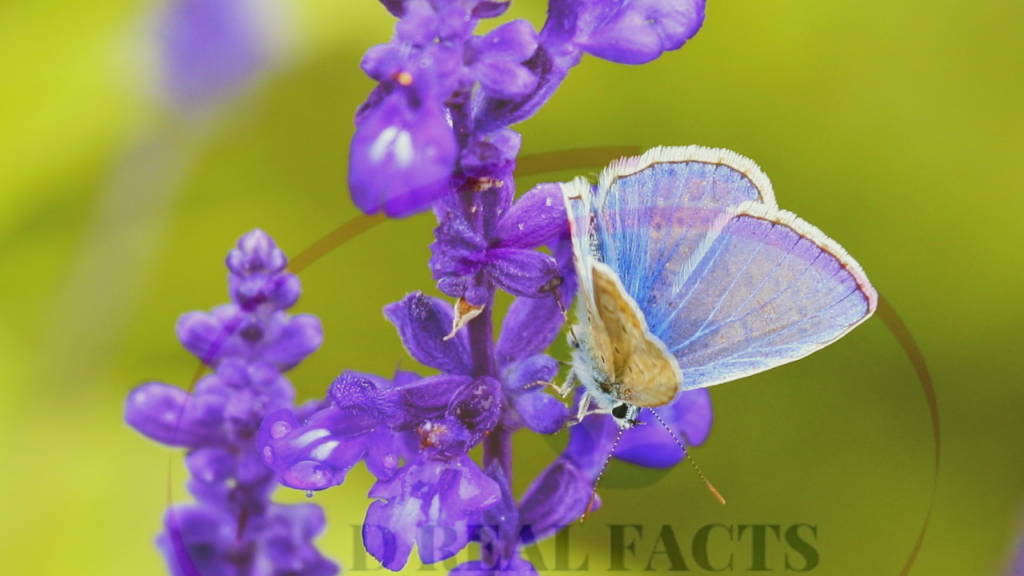
Rating
Safety: 4/5
Evidence: 3.5/5
In the event that you suffer from anxiety, there is a high probability that someone has suggested that you make use of lavender essential oil, and there is a valid rationale for this recommendation. Recent research has mostly concentrated on the anti-anxiety properties of this fragrant, purple flower, which has garnered a rather solid reputation among researchers.
In a research that was carried out on dental patients, it was shown that it had a calming effect, and another study further verified that lavender has the ability to directly influence both mood and cognitive function. Additionally, it has been praised for the sedative effects that it has, which enable individuals to receive the much-needed sleep they need.
Lavender has been shown to have anti-inflammatory properties, which was just recently identified. Diluting it and applying it to the skin or using it in aromatherapy is the most effective way to utilize it, and it has very few adverse effects.
RELEVANT FACTS TO KNOW
Two thousand years ago, the Romans were the ones who introduced lavender to the region of Provence in France.
Lavender could be beneficial for:
Anxiety, Stress, High blood pressure, Migraine Headache
To take into consideration
It has the potential to irritate the skin.
Undiluted use of it has the potential to alter hormones.
9. Chamomile
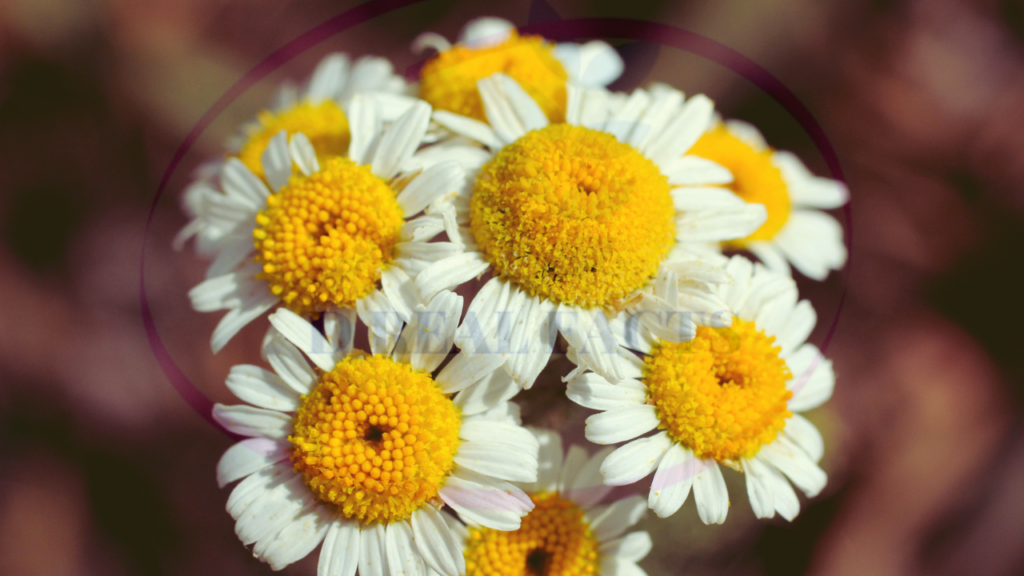
Rating
Safety: 4/5
Evidence: 3.5/5
Chamomile is another medical plant that is known to contain characteristics that might help reduce feelings of anxiety. Its blooms are similar to those of daisies, but smaller.
One review claims that more than one million cups of tea are eaten every single day all over the globe, but it is also possible to take it in liquid form, in capsule form, or in tablet form. The majority of people are familiar with it since it is a popular tea taste.
There have been several studies conducted on the soothing effects of chamomile, including one that was conducted in 2009 and concludes that chamomile is more effective than taking a placebo in the treatment of generalized anxiety disorder.
It has been established in a recent study that it is safe for use over a long length of time, and another study that was carried out lately went beyond its use for anxiety and proved that it also shows promise in the treatment of cancer. Both of these studies were completed in recent times.
RELEVANT FACTS TO KNOW
There are two varieties of chamomile: German chamomile, which is an annual plant that is particularly successful in the Midwest, and Roman chamomile, which is a perennial plant that smells like apples and attracts pollinators.
Chamomile could be beneficial for:
Anxiety,Stress, Sleeplessness, Cancer, Chamomile.
Conclusion
We have high hopes that this article will act as a starting point and a source of knowledge for everyone who is interested in incorporating herbal remedies into their daily lives. Before starting any new medical regimen, it is always important to contact with your primary care physician.





